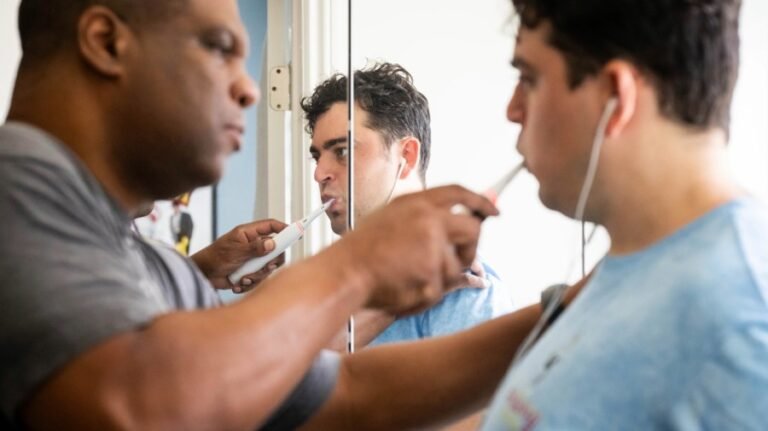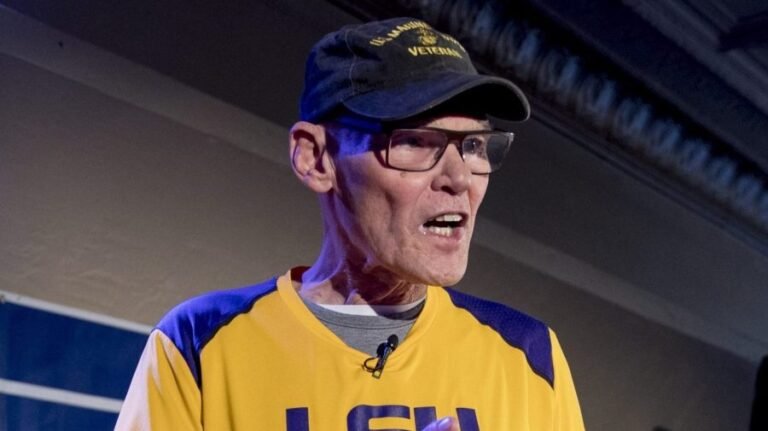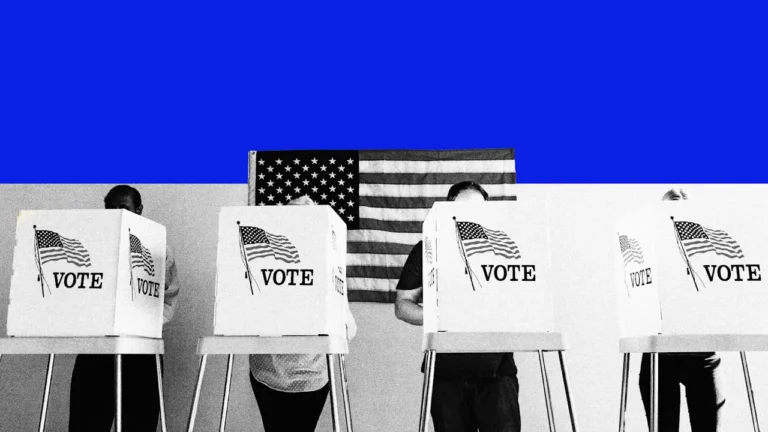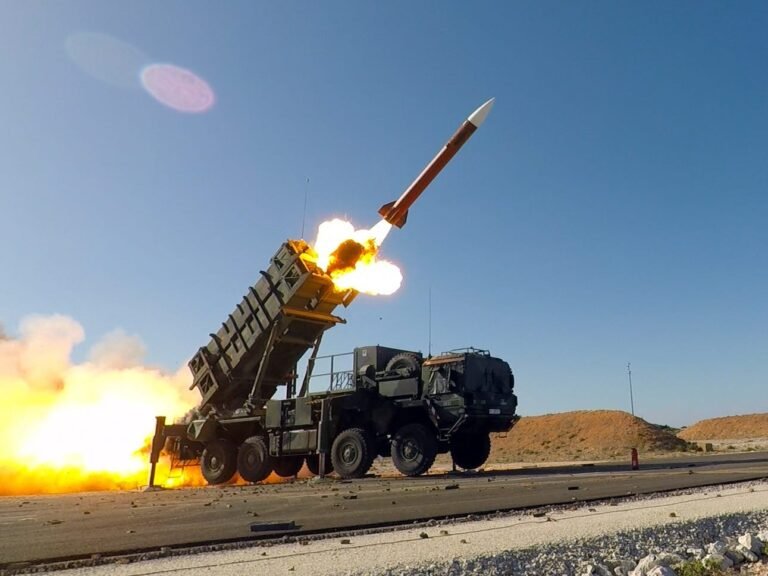In May, the U.S. House passed the “DHS Restrictions on Confucius Institutes and Chinese Entities of Concern Act.” The bill aims to reduce Chinese influence at U.S. universities by limiting funding to institutions with ties to Chinese government-backed entities. This includes the Confucius Institutes, which are fully funded by the Chinese government to manipulate public opinion in the U.S.
Although Congress is focused on Chinese influence on U.S. college campuses, the Chinese government has deftly transitioned to another American institution to influence U.S. public opinion — namely, sports entertainment.
The term “sportswashing” entered our vocabulary around a decade ago. It is used to describe a country that cynically uses sports entertainment to improve its global reputation and deflect criticism of its human rights record. The creation of LIV Golf by Saudi Arabia is a perfect example. LIV Golf is financed by Saudi Arabia’s Public Investment Fund, which has close ties to the Saudi government. Human rights organizations argue that Saudi Arabia’s interest in elevating LIV Golf around the world is to distract critics and foreign governments from the country’s abysmal human rights record.
That may be the most-cited and visible example of sportswashing, but China that may be the most effective at sportswashing in the U.S. China’s primary sportswashing effort in the U.S. is focused on the National Basketball Association.
China’s growing financial relationship with the NBA has caught the attention of U.S. lawmakers and critics of China’s human rights record. China accounts for a significant portion of the league’s global income. The NBA’s total revenue in 2025 is around $12 billion, with China contributing over $1 billion annually to the league.
A public conversation about China’s growing financial relationship with the NBA began in 2019, when then-Houston Rockets General Manager Daryl Morey expressed support for Hong Kong protesters fighting to preserve their democracy. His remarks led to a temporary ban of NBA broadcasts on Chinese state television, a halt in merchandise sales for the Houston Rockets, and Chinese corporate sponsors withdrawing support for the league.
Morey’s comments resulted in significant financial losses for the NBA. This prompted NBA Commissioner Adam Silver to release a statement criticizing Morey’s comments by saying that he had “deeply offended many of our friends and fans in China,” without ever mentioning the democracy protests and the crushing of civil rights taking place in Hong Kong at the time.
The relationship between the NBA and China has only grown closer over the last decade. The NBA has long-standing partnerships with Chinese media outlets, including state-run China Central Television. The NBA has also signed a lucrative deal with digital media giant Tencent, making the company the NBA’s exclusive digital partner in China. The league has aggressively pursued merchandise deals with Chinese shoe and apparel companies like Anta, Li-Ning, and Peak.
What most concerns critics of China’s sportswashing efforts in The U.S. is that NBA business operations in China are conducted through NBA China, a separate China-based entity valued at $5 billion. NBA owners also have substantial financial ties to China that extend beyond the league. Many owners are heavily invested in China through their other business ventures, including private equity and venture capital firms. This includes Brooklyn Nets owner Joe Tsai, the co-founder of the Chinese e-commerce giant Alibaba and its second-largest shareholder.
There is real concern and unease among some NBA owners, league officials, and U.S. lawmakers about the NBA’s growing financial dependency on China, and what it could mean for the league’s future. The NBA, unlike the NFL and Major League Baseball, increasingly relies on revenue generated from a global audience, as domestic TV ratings continue to fall. The 2025 NBA Finals between the Oklahoma City Thunder and the Indiana Pacers averaged only 10.3 million viewers, making it one of the lowest-rated NBA Finals series ever.
The NBA’s growing partnership with China raises important questions. Can a league that has branded itself a progressive advocate for human rights at home continue to ignore China’s human rights abuses, and even a potential military conflict with the United States over Taiwan, for purely financial reasons?
Today, the Chinese government continues to wage a violent campaign against the Uyghurs in Xinjiang. Beijing has also ended Hong Kong’s autonomy and fight for democracy and continues its brutal crackdown in Tibet. Under President Xi Jinping, China has imposed new national security laws, curbing human rights, restricting freedom of the press and speech, and jailing independent journalists and pro-democracy activists, while militarily threatening its neighbors — many of which are U.S. allies.
Although lower domestic television ratings and revenue are not good for the NBA, the league’s growing dependency on Chinese money and influence could pose a far greater problem in the future.
The Chinese government chose the NBA to test its sportswashing efforts abroad for a reason. The NBA’s public support of progressive causes, including Black Lives Matter, provide the Chinese government with an opportunity to manipulate domestic U.S. public opinion against U.S. lawmakers, public figures, and human rights organizations exposing China’s human rights abuses. China not only views the NBA and its players as business partners, but also as willing critics of U.S. government policies at home and abroad.
As the U.S. government and international human rights organizations continue to highlight the deteriorating human rights conditions in China, will the Trump Administration and the U.S. Congress seek to end China’s sportswashing efforts in The United States, as they have attempted to do on U.S. college campuses? Will the NBA continue to permit China to use their growing financial influence over the league to distract American public opinion from China’s growing human rights abuses? We don’t know. What we do know is that China’s attempt to influence U.S. public opinion through sports entertainment will continue unless U.S. lawmakers put an end to it.
Frank DiFulvio is a professional writer who lives and works in both Northern Virginia and Rome, Italy.






